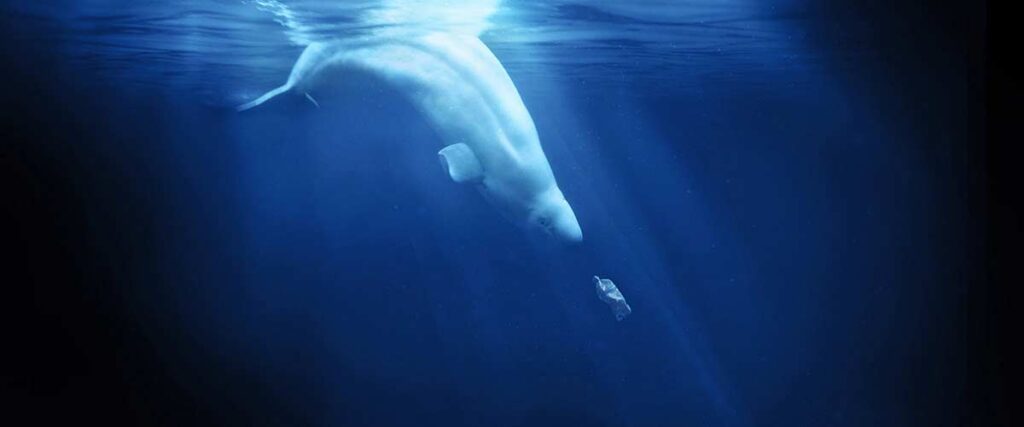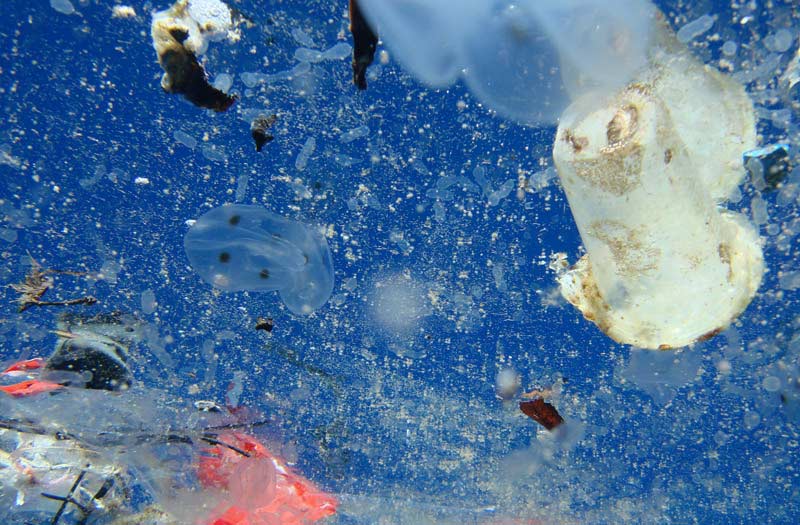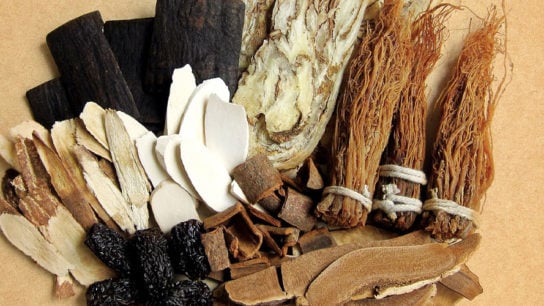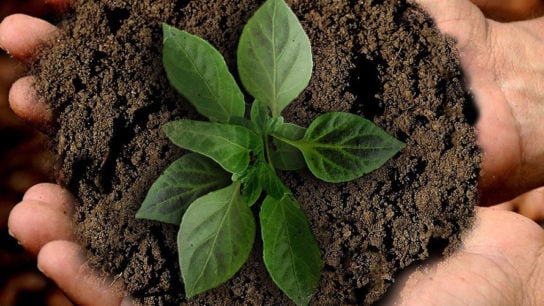Get set for an evening with A Plastic Ocean, a documentary that examines the effects of plastic entering the ocean.
Hong Kong-based Australian journalist Craig Leeson grew up on the beaches of Tasmania. As an avid surfer, he spent the last five years travelling around the globe for A Plastic Ocean, a documentary that examines the effects of plastic entering the ocean.
Perhaps this is not our problem if we are not the ones littering but A Plastic Ocean begs to differ.
It started when researchers found more plastic than plankton in the Pacific Ocean. While many associate “plastic in the ocean” with an image of pieces of disgusting litter we can easily swim away from, the realisation is that by the time trash has been washed out to the sea, they have broken down to small pieces; some even invisible to the human eye. For those of you who are thinking this means plastic have decomposed, think again. The smaller the pieces of plastic are, they closer they get to the beginning of the food chain, and guess where those traces of plastic end up?
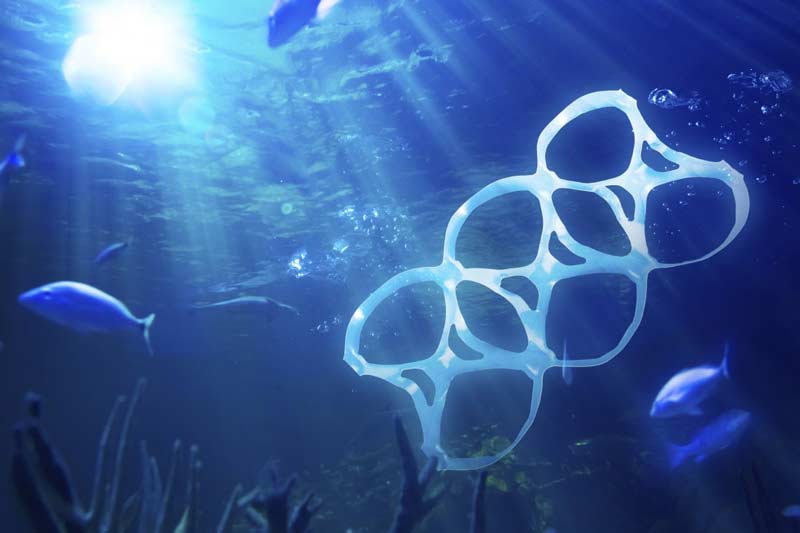
It is our responsibility, as designers and consumers to break out of a cycle that uses an endless amount of plastic. Will we start factoring in the impact a product has on the environment when we consider its price and functionality? Will we start opting for vegetables that are not wrapped in plastic when we shop for groceries? What else can we do?
“But there isn’t one answer. The first thing is we simply have to stop putting it in there. It doesn’t belong. It’s just not in nature’s plan so nature can’t do anything about it. It’s up to us.”
Join MakerHive’s screening of A Plastic Ocean on 21 February for this thought-provoking and honest documentary to learn more about the relationship between our lives and the environment.
MakerHive
10/F Cheung Hing Industrial Building
12P Smithfield Road
Kennedy Town
Hong Kong
Free entry for all Hive Members
HK$50 for non-members
1 drink included
Related Articles
Meet the Thai Engineer Who Upcycled 100,000 Flip Flops from Ocean Debris
Top Biodegradable Plastic Alternatives to Live More Sustainably
